A group of medical professionals have taken to two wheels to voice their concerns about air pollution.
Families and GPs were among the group of 30-odd cyclists who travelled more than 10 miles along the riverside cycle path from Invergowrie to Monifieth on Saturday.
They were taking part in an event organised for Ride for their Lives, celebrating improving air quality and active travel, while also calling for more action.
Douglas GP Ciara Drummond was kitted out in full scrubs for the ride.
She recognises the negative impact that air pollution is having on her patients.
“Many of my patients struggle with respiratory problems like asthma and COPD (chronic obstructive pulmonary disease)”, she says.
“And on days when there is very high air pollution, studies in Dundee show that more children are admitted to Ninewells with breathing problems.
“Air pollution does also increase the risk of cardiovascular disease – heart attacks and strokes.
“It’s also been linked to dementia and even low birth weight and I know air pollution is often playing a part in that.”
Air pollution has also been linked to different cancers, allergies, antibiotic resistance and brain development.
And according to the World Health Organisation, it contributes to around 6.7 million premature deaths per year.
Douglas air pollution concerns GP
It is hoped that Dundee’s low emission zone (LEZ) will help reduce air pollution in the city centre.
Drivers risk fines if they enter the city centre in non-compliant vehicles that emit the most harmful emissions.
In June it was revealed that Lochee Road has the highest average levels of nitrogen dioxide out of the six air quality monitoring stations in Dundee.
It has not been included in the LEZ and neither has the Douglas area of the city.
“Air pollution is very scary because Douglas has a busy road that runs through it and you can smell the fumes”, says Dr Drummond.
“It’s just horrible because you know it is not good for you and it makes me worried for patients.
“The climate crisis is linked social justice because the most adversely affected people are generally from low income backgrounds.
“A lot of my patients won’t own a car and are not contributing to the problem.”
Dundee GP: ‘We see the effects of air pollution on our patients every day’
Dundee’s Rides for their Lives was organised by Dr Munro Stewart, who is also a GP in the city.
Dr Munro is an advocate of the LEZ as a way of reducing air pollution in Scotland’s cities.
He also believes that building more cycle and walking paths in Dundee is key to improving health and wellbeing.
The Westgate GP co-authored a study with professor Jill Belch on the impact of air pollution on children.
It found that following periods of high pollution in Dundee there was a 40% increase in children’s hospital admissions for respiratory infections.
The study used Dundee University data from almost 35,000 admissions to Ninewells Hospital over a 14-year period.
“As healthcare workers, we see the effects of air pollution on our patients each day”, says Dr Munro.
“We know that more exercise, like using active travel for commuting, can make a huge difference to our health and our children’s futures.
“It can also improve access to stretched healthcare services through reduced demand.”
‘Behaviour change is needed’
Joining the group of cyclists on Saturday was Dr Rebecca Wade, a senior lecturer in Environmental Science at Abertay University.
The academic encourages civil engineering students to think about how they can plan help build greener and safer infrastructure.
Dr Wade commutes by bike from Broughty Ferry to the university.
“It is an absolute joy to cycle into work”, she says.
“There is room for pedestrians, bikes, skateboarders, scooters and even horses on the riverside path.
“It can be a bit more difficult getting from north to south in the city though.
“And we have got a long way to go. The cycle infrastructure needs to be good all across our city and not just along the Tay.”
However, Dr Wade believes that the LEZ has helped, especially when it comes to raising awareness and encouraging a shift away from using cars.
“Behaviour change across the world is needed”, she says.
“We’ve got very used to using cars and relying on roads.
“We can’t keep using petrol and diesel engines. And we can’t just replace every car with an electric one.
“But it’s also about policy and if you build the infrastructure people will use it.
“More people are using the cycle paths and they are feeling safer in those spaces.
“We have to address climate change and there is a mental health crisis in the country.
“If you give people the opportunity to engage with nature and be more active more often, then we will get the change that we need.
“And the health service will see less mental health and obesity cases, which will save the UK economy money.”
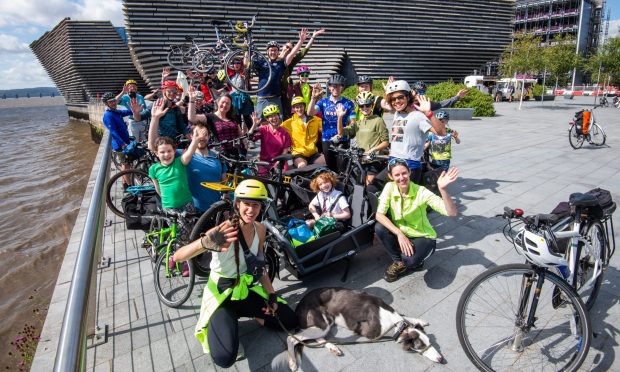
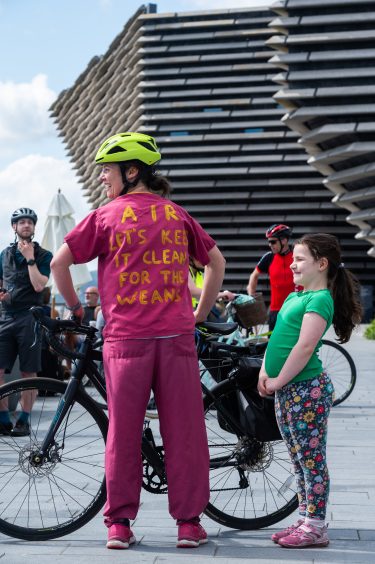
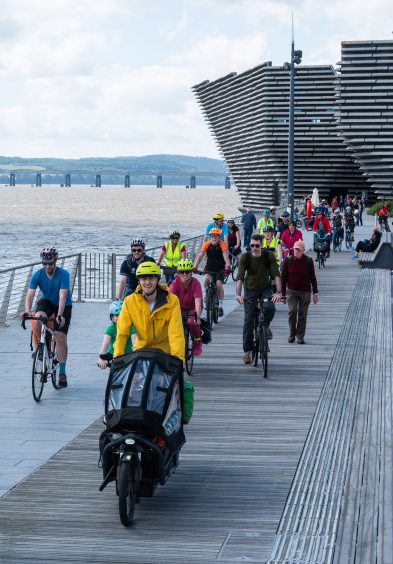
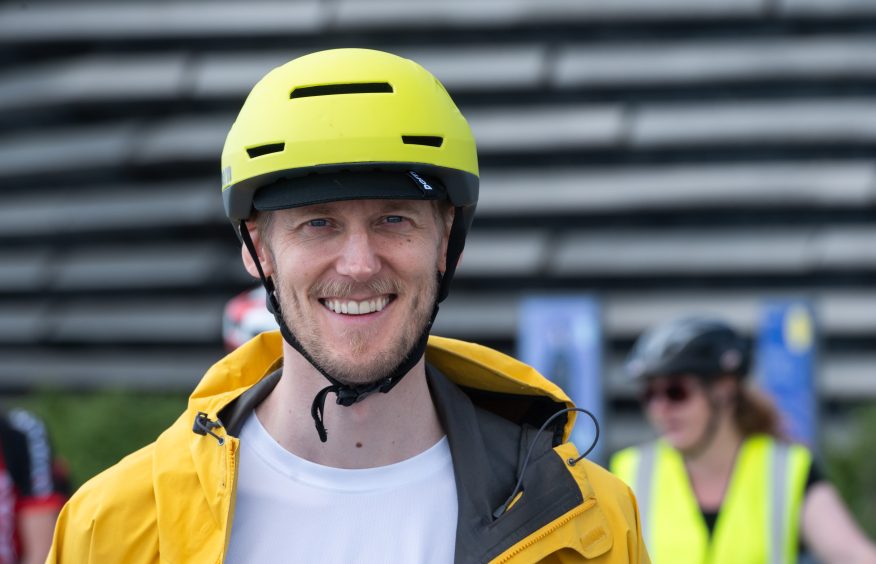
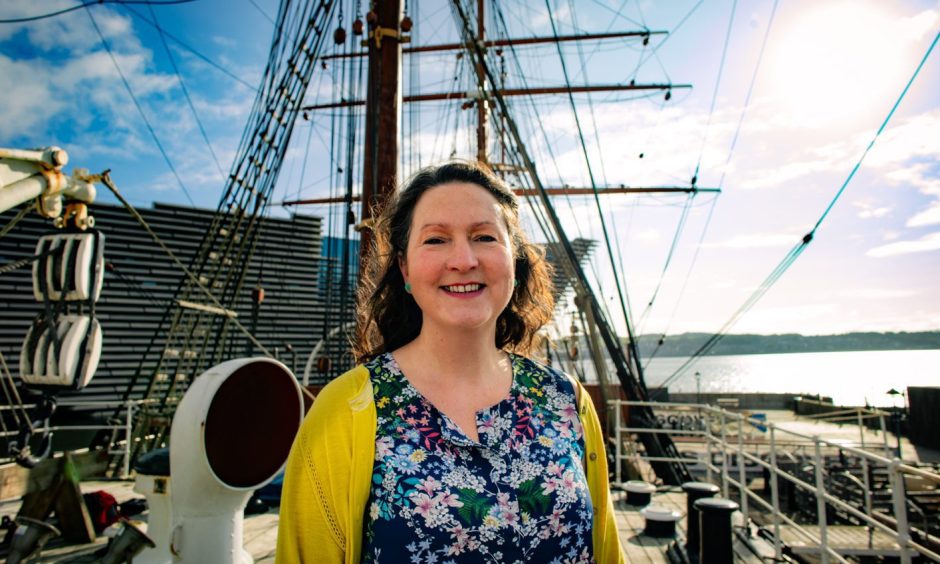










Conversation